2 min read
What is Google Search Generative Experience? (SGE)
What is Google SGE? Think of Google SGE as your helpful buddy on the search results page. Instead of making you click on different websites, it pulls...
Another month, another massive set of Search updates, changes and developments. Read through the full list of Google February 2021 updates below.
According to Microsoft Bing, around 15% of search queries contain misspellings, which can lead to a user being served incorrect answers and results that don’t quite match the query.
In response to this, Bing launched large-scale spelling correction, dubbed Speller100, using AI to learn and correct spelling in over 100 languages.
It uses a feature called zero-shot learning, which is how Bing has been able to roll out Speller100 in so many different languages.
Bing credits zero-shot learning as a key component in being able to include so many different languages, especially those where there is limited data available.
“Imagine someone had taught you how to spell in English and you automatically learned to also spell in German, Dutch, Afrikaans, Scots, and Luxembourgish. That is what zero-shot learning enables, and it is a key component in Speller100 that allows us to expand to languages with very little to no data.”
Google is taking new measures to combat inaccuracies between prices shown in the Merchant Centre and prices shown at checkout.
Google’s policy is that there must be consistency in prices submitted to the Merchant Centre and prices offered to customers, but, until now, Google has never investigated the price of products when added to a user’s cart.
In the past, the price on a landing page had to be consistent with the Google Merchant Centre price, but now Google is beginning to enforce stricter rules when it comes to the surprise price additions in the basket.
Google announced a change coming on the 6th April which results in a warning being given to a retailer if the price at checkout is inconsistent with Merchant Centre pricing.
After the warning, the retailer will then have 28 days to rectify the inconsistency or risk their Merchant Centre account being suspended.
Here are some guidelines from Google in a Merchant Centre help document:
“The price of your product should be consistent throughout the checkout process, not just between the product feed and your landing page. The price shouldn’t increase at checkout. It may, however, be lowered after the product is added to the cart if a promotion is added.
Any additional charges or fees, such as activation fees, must be included in the price.”
Search interest in Black-owned businesses is at a record high, which could be one of the reasons for Google’s update, which coincided with Black History Month.
Black business owners can now add an attribute that flags their business as being Black-owned, which will appear in the SERPs.
Google said they want to “shine a light on Black-owned businesses, big and small, and honor their resilience and ingenuity.” The new feature is being made available gradually, but all US Google Merchants will eventually have access to the new attribute in Google Merchant Centre.
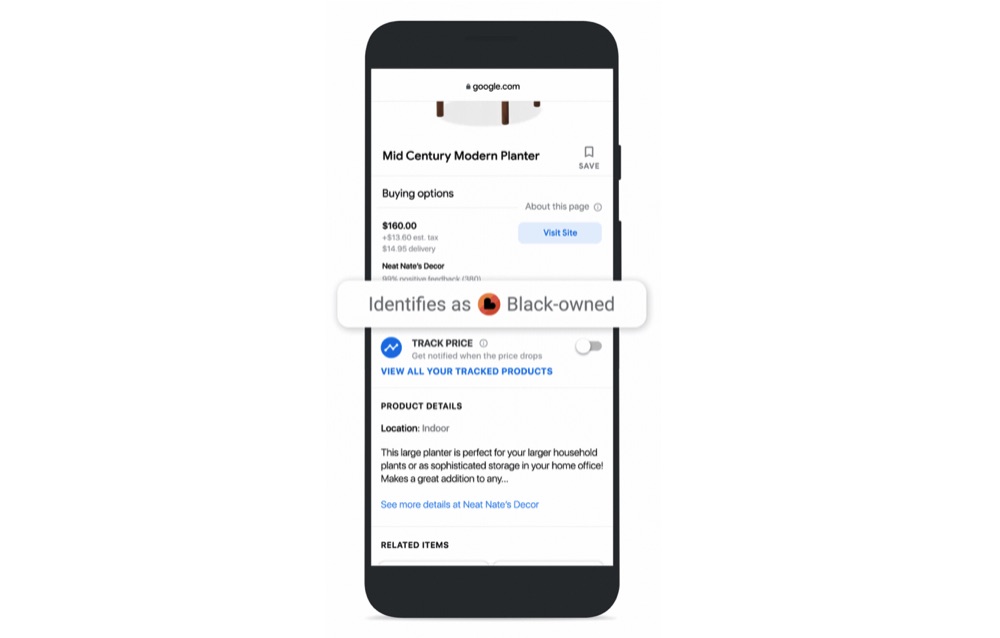
Although introduced at the start of Black History Month, the feature will be permanent on the Google Shopping tab and builds on a feature Google introduced last year that applied to Search and Maps.
Google added 12 new types of manual action penalties for those in violation of Google News and Google Discover policies. This is a big move from Google, as up until now manual actions are limited to violations of Search policies.
So far, it’s unclear what exactly these manual penalties will result in, but it’s still in every site owner’s best interests to ensure they stick to Google’s policies and avoid any repercussions.
The 12 new penalties are:
John Mueller of Google has said that not every web story a site publishes will be displayed in Google Discover.
When Google introduced web stories, it was assumed that publishing stories would lead to every one of those stories being displayed. However, it has been revealed that only a select number of these actually get shown in Discover.
According to Mueller, they have to be “extra careful” with the content that gets shown. Furthermore, the speed at which content is indexed can also vary, meaning that it may take a long time for web stories to be shown in Discover, if at all.
When asked how long it takes for a story to be shown in Discover from when it was published, Mueller said:
“The answer is: it depends. Unfortunately. It’s something where sometimes we can pick up content very quickly after it was created, and crawl it very quickly, and index it very quickly. Sometimes all of that takes a lot longer.
Discover in particular is yet another level on top of that, because for Discover we want to make sure we recommend something that is really appropriate for users.
Because users are not searching for something specifically, so we have to be extra careful with regards to the content that we show in Discover.
So there in particular it could happen that it takes a little bit longer for it to start showing up in Discover. It can also happen that it’s never shown in Discover.”
The way that Google measures and reports your Core Web Vitals score is changing in Google Search Console.
Largest contentful paint (LCP), first input delay (FID) and cumulative layout shift (CLS) boundaries are now defined as:
<= (less than or equal to)
Whereas before the boundaries for these metrics were:
< (less than)
Previously, if you met the minimum threshold for any of these metrics you would receive the ‘needs improvement’ rating. But with this change, pages that meet the minimum threshold now receive a ‘good’ rating.
E.g. The minimum threshold for First Input Delay is 100ms. Before, if your page’s FID was recorded at 100ms, you would receive a ‘needs improvement’ rating. Now this page would be rated as ‘good’.
What are the Core Web Vitals minimum thresholds?Largest Contentful Paint: 2.5 seconds
First Input Delay: 100ms
Cumulative Layout shift: 0.1
This is most likely a welcome change for most websites. Go back and check your scores to see if you’ve been positively affected by this update.
Quick reminder: We’ve got two months left until Core Web Vitals become a ranking signal. John Mueller actually hinted that you need to hit the minimum threshold for all three Core Web Vitals too see any ranking boost – so it’s vital to make sure you’re optimising for all three!
From the 1st April, Google will stop serving Showcase Shopping ads and remove Showcase Shopping ad groups from its platform. This was stated in an email to advertisers that was sent out on 23rd February.
After the 1st April, Showcase Shopping ads will transition to become part of Product Shopping ad groups, although advertisers will still have access to performance data for these ads in their reports.
It has been found that, in Smart Shopping campaigns, Showcase ads are already serving from product ad groups, which will be rolled out fully as of the 1st April. Those who rely on Showcase Shopping ads as a large part of their Paid strategy may have to make some changes.
It’s looking like Google shows fewer featured snippets in the SERPs! Multiple SEO tools show a decline in featured snippets since 18th February.
Moz: 7.5% – 4.5% decline
RankRanger: 9.5% – 8.5% decline
SEMRush: 6.9% – 5.1% decline
SEOClarity: 25% decline
This seems to have affected loads of sites across a few verticals (including Wikipedia) which suggests that this isn’t a technical issue or bug.
It’s definitely worth keeping an eye on your featured snippets over the coming days to see if you lose any. If you lose a featured snippet, you might see less traffic as you return to your actual ranking on the SERPs.
“Associations” is a brand new feature in Google Search Console that connects other Google properties, including:
Google Analytics property: “View your Search Console data, such as organic search queries, in your Google Analytics property. Starting today, you can also link Search Console domain properties to Google Analytics and get better coverage of your organic search results. We recommend using this option as it can help you get a more complete picture in the Search Console reports in Google Analytics.”
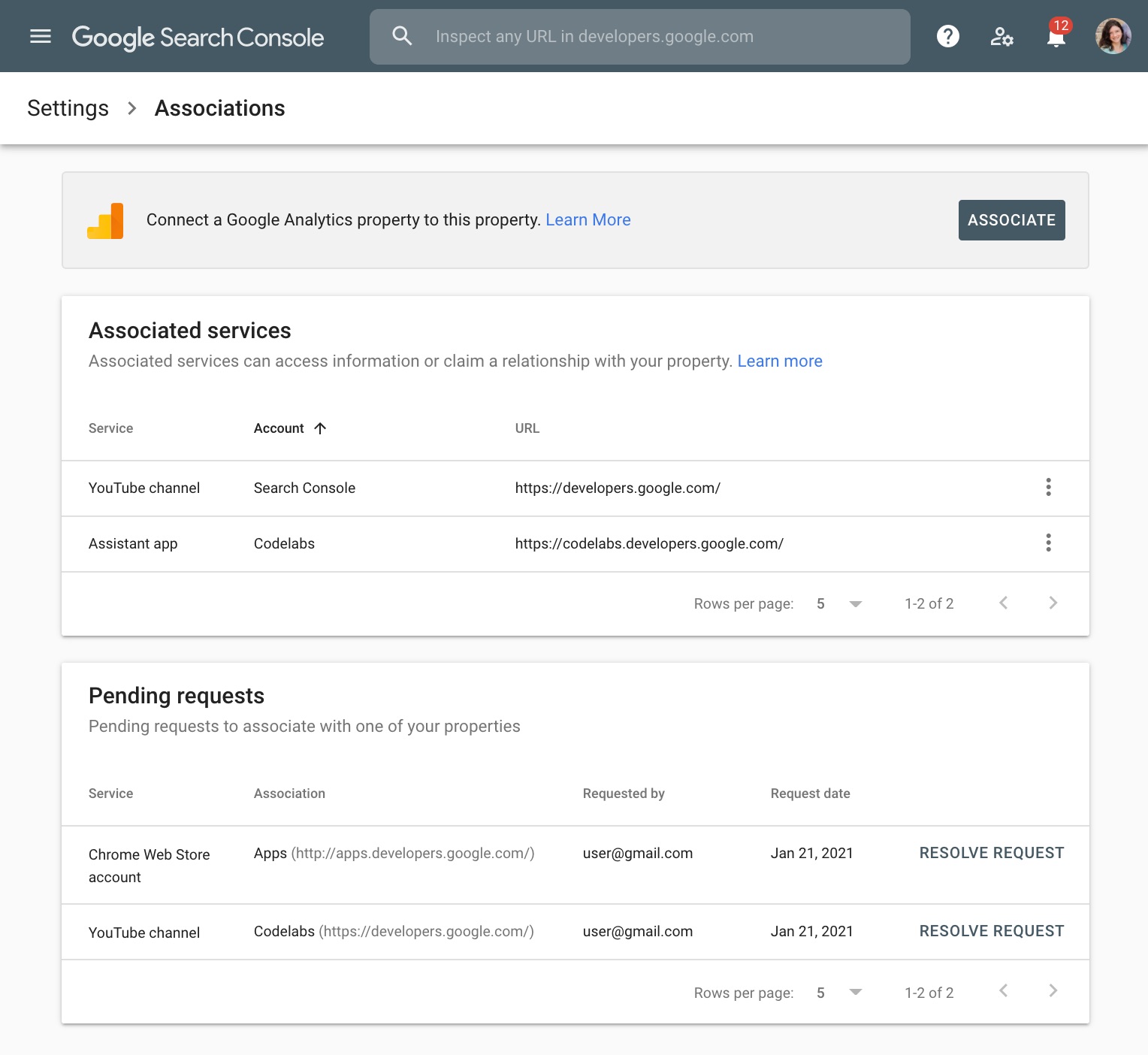
Google Ads account: “View the paid and organic report in Google Ads.”
YouTube channel: “Link your videos to your associated website.”
Play Console app: “Use App Indexing.”
Actions Console project: “Verify your brand and enable cross-platform functionality.”
Chrome Web Store account: “Publish apps and extensions to the Chrome Web Store on behalf of your site.”
It’s worth connecting your accounts as it gives you a better view of your data across all platforms in one place.
Google announced that they’re removing duplicate images from Image Search. This is to improve user experience by showing a better range of relevant images.
Google also said that Image Search results are now more visually distinct, providing searchers more diverse results.
Have you ever searched for something in Google Images and sometimes found the results dominated by the same image? To help, we made an improvement to Image Search to reduce duplicate images, so that we can display others that are relevant yet visually distinct…. pic.twitter.com/gGbC5v2aP8
— Google SearchLiaison (@searchliaison) February 11, 2021
If your site gets traffic from Image Search, it’s worth checking if you’ve been affected by this change at all. This update actually went live back in November (but they only just announced it) so it’s worth looking through the last few months.
Google announced passage indexing in October 2020, which ranks passages from a web page in the search results. Passage ranking finally went live for US English searches on 10th Feb 2021.
Passage ranking helps to satisfy very specific search queries by surfacing the answer to a question in the SERPs, rather than having to dig through a page. Google said that they can “find that needle-in-a-haystack information you’re looking for.”
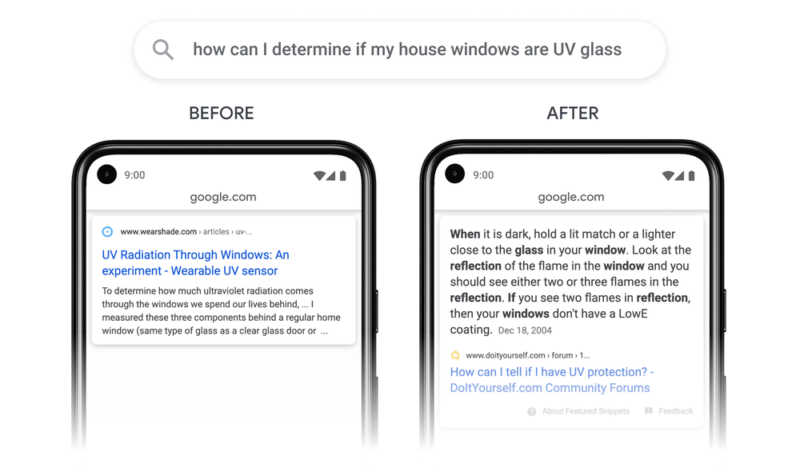
It’s suggested that passage ranking will affect around 7% of all search queries once rolled out fully. Keep an eye on rankings as your pages may now be pulled through as a passage.
This means that up to 7% of all searches can potentially return a zero-click search.
The Discover performance report on Search Console now includes ALL data – even from Chrome.
Google Discover can be accessed in many ways, including the Google Search App, the Google homepage and even when opening new tabs on Google Chrome on Android and iOS.
Google Discover shows news and topics that you’re interested in – previously named Google Feed. It feeds you articles about your interests without you having to search for them, displaying suggested articles for you.
With this update, the Discover report in Search Console gives you “a single place in Search Console to see all your site’s Discover impressions and click stats, including from Chrome.”
The new addition lets you see Chrome traffic from Discover, giving you a better view of your data and overall performance.
Google has been testing using video overlays in the SERPs. Typically, videos in the search results of a query will take you through to YouTube or other video platforms.
But with this update, Google is testing playing these videos on top of the search results page, rather than taking you away from it.
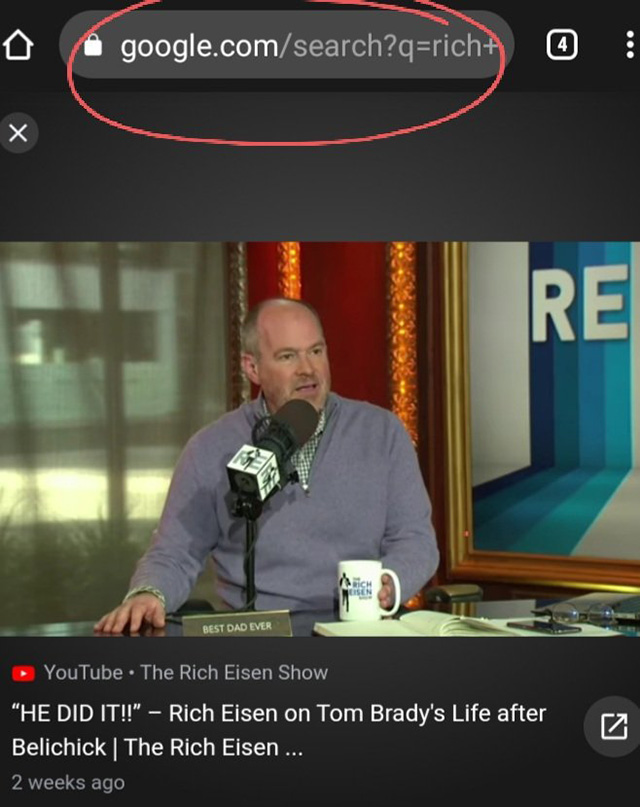
(Image credits SEO Roundtable)
Video results have a pop-put button overlaid on the bottom right-hand corner. This opens the video fully without taking you out of the SERPs, as seen by the URL in the screenshot above.
Currently, if a user clicks on a video on the results page, they’re taken to the video platform where they can continue to explore and interact with the creator’s content or watch other videos. But with this test, users are kept within the SERPs so there’s less likely to be further interaction.
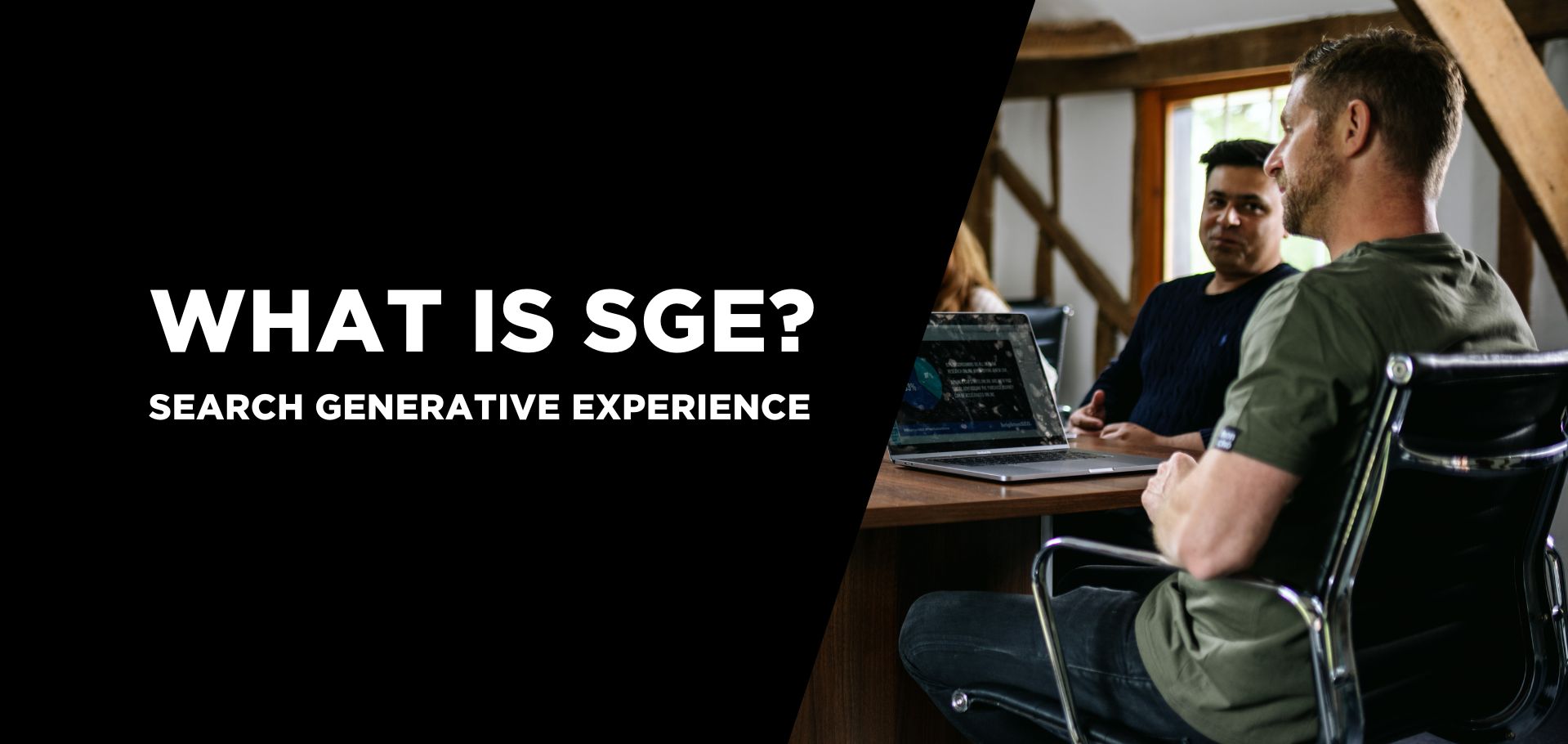
2 min read
What is Google SGE? Think of Google SGE as your helpful buddy on the search results page. Instead of making you click on different websites, it pulls...
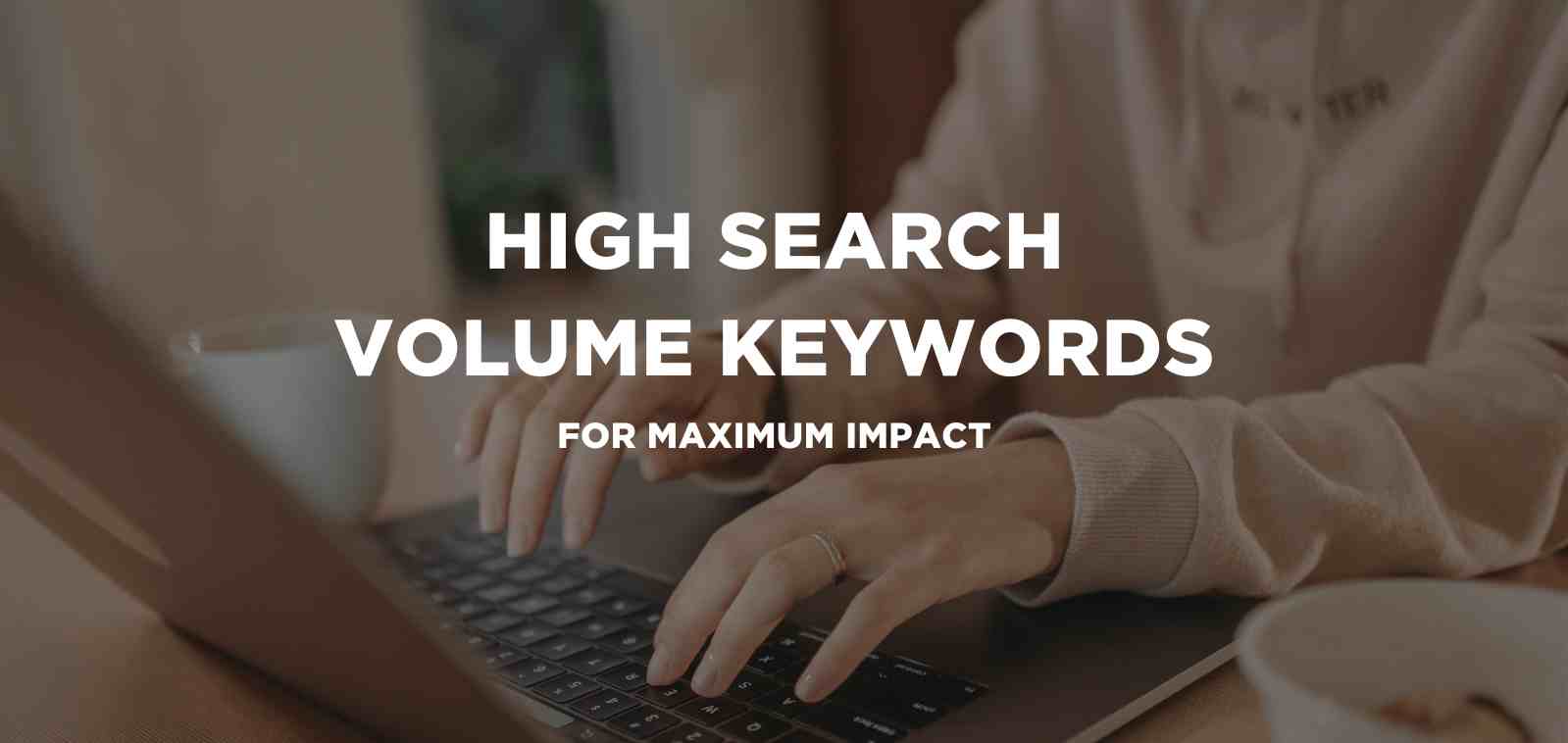
5 min read
Discover the power of high search volume keywords and how to effectively use them to boost your online presence and drive maximum impact.

2 min read
We're delighted to officially announce our partnership with Eflorist, one of the world’s leading flower delivery brands with over 54,000 local flower...
Last week we told you about Google’s latest update to display content from a user’s social network added to sites like Twitter and YouTube into...
June has been another busy month for search. We’ve compiled the biggest news and latest updates so you can keep up to date with the latest news in...
3 min read
You may have seen over the last week or so Google and Bing launching Social Search Result updates to include comments, posts and likes from a user’s...